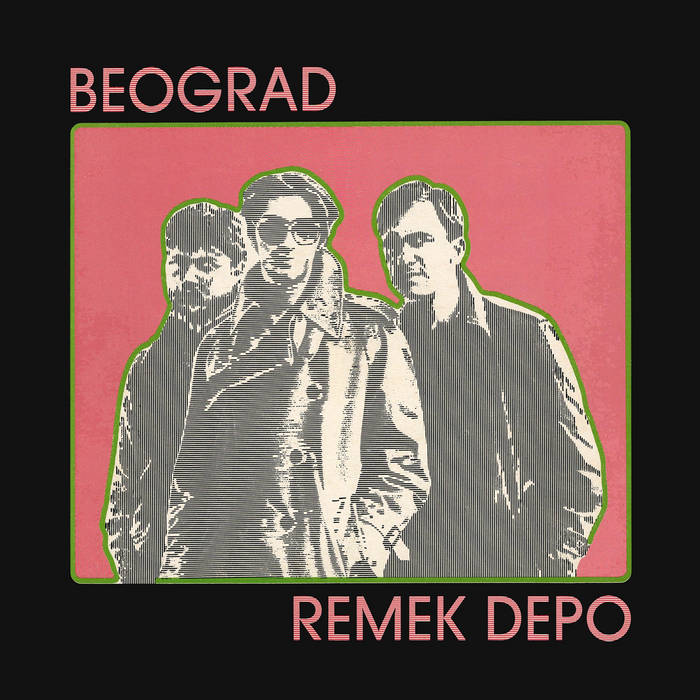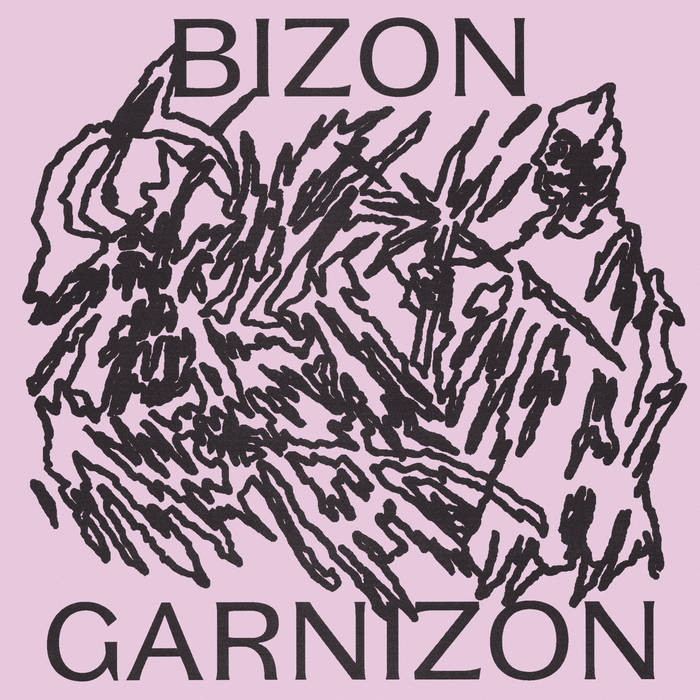Some records feel like discoveries long before you ever drop the needle. For me, Beograd’s Remek Depo was one of those. I stumbled across a repress in a small London record shop years ago, sitting in the corner of the new additions section. No Spotify, so no easy way in. Just an interesting title and the promise of something different. It was a no-brainer. What I found inside was a strange, novel, and often great slice of early electronic music from Yugoslavia — one that’s as playful as it is dark, and as catchy as it is experimental.
Beograd formed in 1980, electronic pioneers at a time when the genre was only just finding its footing in the region. Originally, some members were invited to join Električni Orgazam, but instead decided to chart their own course. Remek Depo, their first and only LP at the time, arrived in 1982 and even managed to break into the national top 10 album chart. But the success was short-lived — the band dissolved only months later, leaving this single record as their legacy until their eventual reunion in 2012.
Listening to Remek Depo, you can hear why it stood out. It doesn’t always hit perfectly — a few tracks wander a little too far into abstraction — but when it works, it really works, offering some of the freshest synthpop and electronic textures to come out of Yugoslavia at the time.
The opener, Opasne Igre (“Dangerous Games”), sets the tone with playful synths and cheekily inappropriate lyrics. It’s lighthearted, new wave in spirit, and unsurprisingly, it became their biggest hit, even making its way onto several “best of” tracklists from the era.
From there, the album shifts and toys with experimentation. Ulice Su Noćas feels straight out of Kraftwerk’s playbook, upbeat and pulsing, though it doesn’t quite land for me personally. Ko Si brings things back into focus — simple and catchy synthpop grooves, fun and immediate, the kind of track that sticks in your head long after it’s over.
Then comes Japan (Made in East), a curious instrumental with an Eastern tinge. It’s more ambient than pop, soothing and atmospheric if not particularly essential, but it broadens the palette of the album. The mood darkens with Mrak, easily one of my favourites on the record. Fast, driving, and hooky, it captures the darker, more kinetic side of Beograd that really excites me.
Kontrolori keeps the momentum with a slightly ethereal synthpop sound, while Modni Kroj pushes into Depeche Mode territory, balancing darkness and playfulness with a strong vocal delivery.
And then there’s Soba. Easily the strangest track on the record, it feels like stepping into a nightmare. Eerie electronics meet brass flourishes (a trumpet, if my ear’s right), pulling the album into full experimental territory. It’s unsettling, even chaotic at points — the kind of track that some listeners might skip, but others will find fascinating in how far it pushes the boundaries.
Thankfully, the album closes on a high note. Beg is, to me, one of the most underrated songs here. Ethereal synth hooks, beautiful textures, and vocals that channel Ian Curtis — dark and full of melancholy. It’s an oddly perfect way to wrap up the record, leaving you with that sense of cold beauty that the best 80s electronic groups had to offer.
At just over 30 minutes, Remek Depo is a short, sharp statement — playful in places, abstract in others, but always original. Feeling slightly disjointed at times: it’s the sound of a group experimenting with the boundaries of what Ex-YU electronic music could sound like, long before it had a roadmap.
For me, I lean towards the darker tracks — Mrak and Beg especially — but the whole record carries a sense of pioneering energy that’s impossible not to admire. Beograd may have burned out quickly, but in Remek Depo, they left behind one of the most distinctive and intriguing electronic albums of its era.


